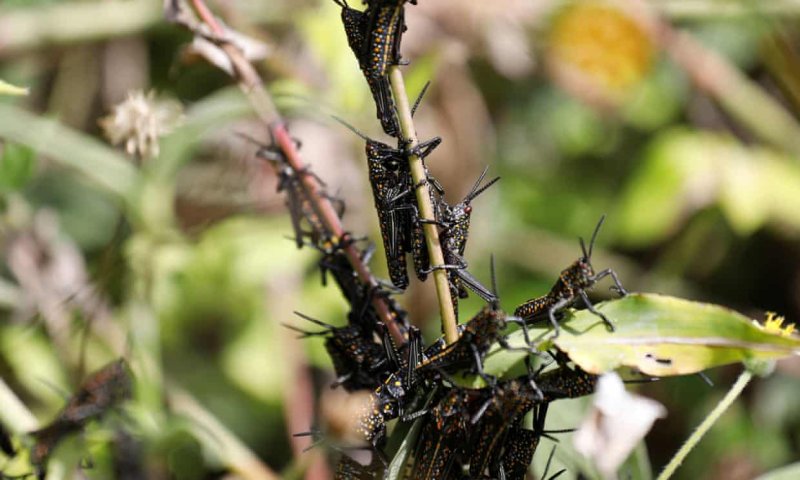As locusts rage in the biggest attack for 25 years, the majority of Kenyans will never have seen the like …. But the new invasion has also brought to a head the gulf in understanding that exists between those tasked with addressing the problem, and those only witnessing it.
…
[T]hree NGOs have sought to move around legislative due process to get politicians to immediately ban 262 pesticides, including the active ingredient now being used to control the locusts.The ingredient isn’t unsafe. It’s recommended by the UN body, its approved in the US, Australia, many other nations. But the NGOs have tried to get it banned on the back of a change in law in Europe. Yet, instead of proposing a bill that Kenya move to Europe’s new zero risk hazard assessment for pesticides, they have just gone to the parliamentary health committee and said Europe hasn’t approved these pesticides under its new regime, so we must ban them.
…
Similarly, the pesticide that has stopped the destruction of 70 percent of our maize by the Fall Army Worm is on that banning list …. We shall also lose anywhere up to 90 percent of our horticulture ….































